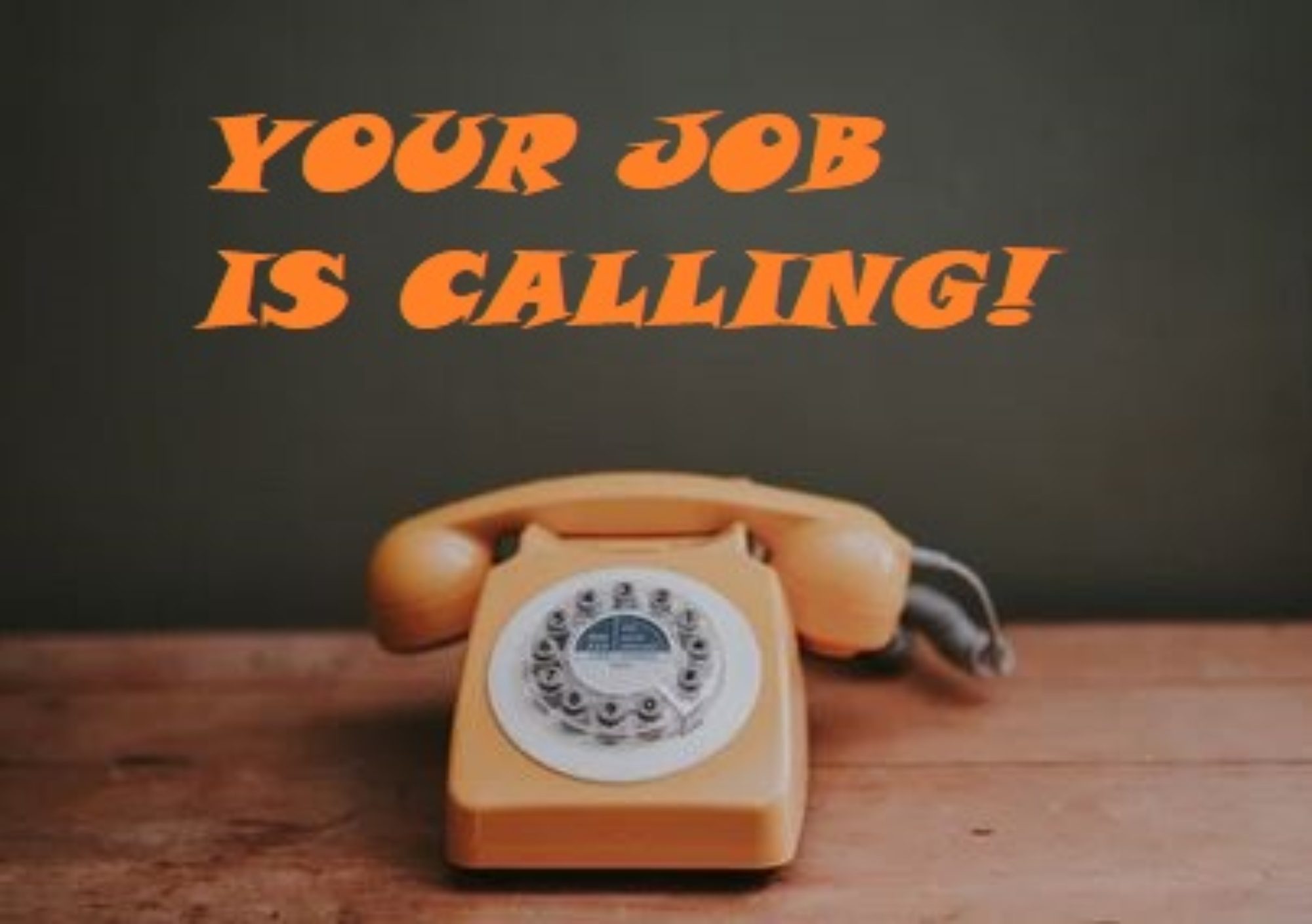In High School my Junior year, I remember having to read many books. For the most part, I don’t remember which books I was required to read exactly, but one particular one comes to mind when I think of Mrs. Bernstein’s 11th grade English Class. That damn Moby Dick!
NOTE: This is now the second and I promise the last reference in this blog to that infernal novel. (Yes, I am expanding upon my prior entry on resumé preparation.) I think this point is so important it deserves it’s own separate entry.
To get back to my story: that book is memorable because it was far too long, far too irrelevant and far too boring. For those of you who have never had to snooze through too many pages, let me set this up for you. There is a whaling ship and a Captain, Ahab who has been in search of this Great White Whale for years. Most of the book is more of a technical how to for 18th Century Whaling techniques, which I have never had to use in my life. At the end of the book, in the last 20 pages is where are the all the action is. The other 1,000, is like reading a training manual on how to peel a trailer full of beets.

The point being, is that you want your resumé to memorable, just for all the RIGHT reasons. This is not the reaction you wish to evoke when you submit a resumé to a potential employer. In other words, you can have the best resumé in the world, but size does actually matter in this case! A resumé that is too long is just not going to get read and is not effective.
I think it is best to err on the side of being too brief. You want to think about a resumé like a phone conversation before the first date. You don’t want to give up too much. You want to create interest in you. A resumé is an advertisement – an invitation for employers to hire you for your services.
A good resumé is 1 page and not longer than that. Period.
Hiring Managers receive literally hundreds of resumés per week. We’ll get into structural concerns later. But, for now, if your resumé reads like a Melville novel, then pare it down! Keep it concise and try to grab the reader’s attention.
One final thought. It isn’t fair but this is true. Studies have shown that judges tend to give out softer sentences after taking a break. Some things are out of our control, but if your resumé gets read right after a morning break or lunch, vs. at the end of an 8 hour shift, your chances are probably improved for the same reason. So maybe consider that in setting up an interview time. I don’t have any proof for it, but it is a theory of mine. 1pm! Just hope that your interviewer did not order the chili or at least make sure that you are being interviewed in a well-ventilated room!

